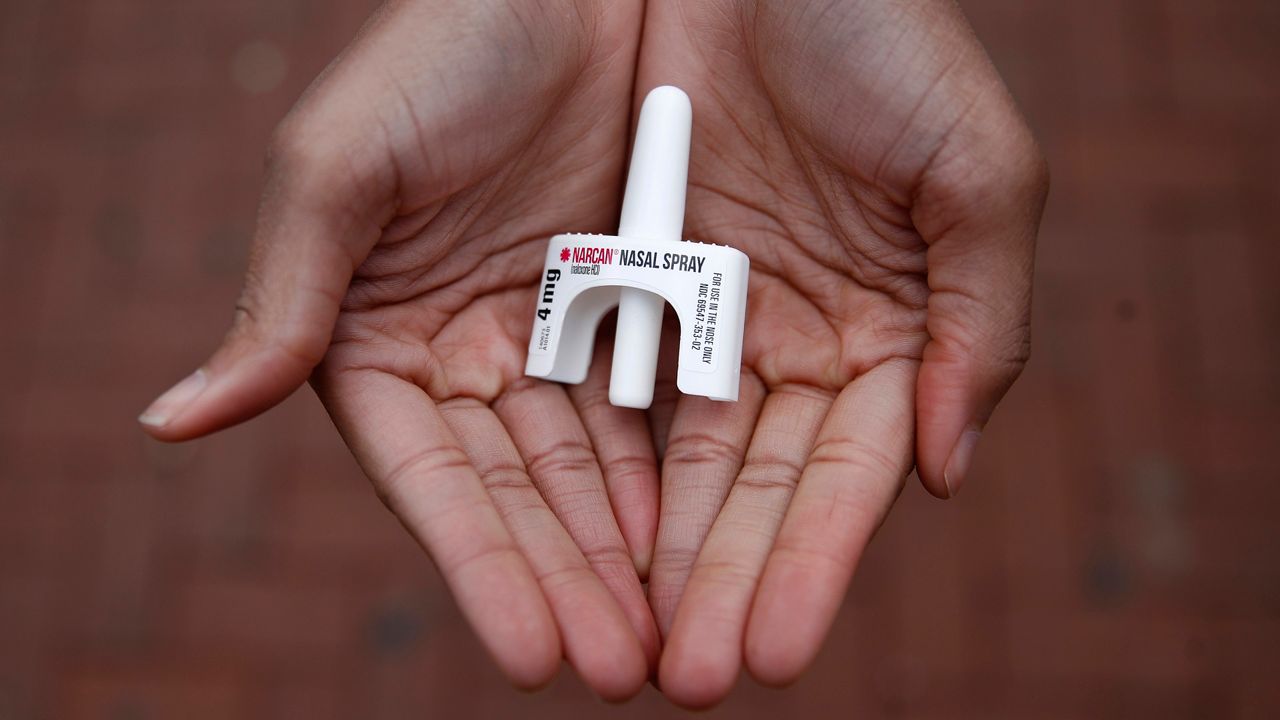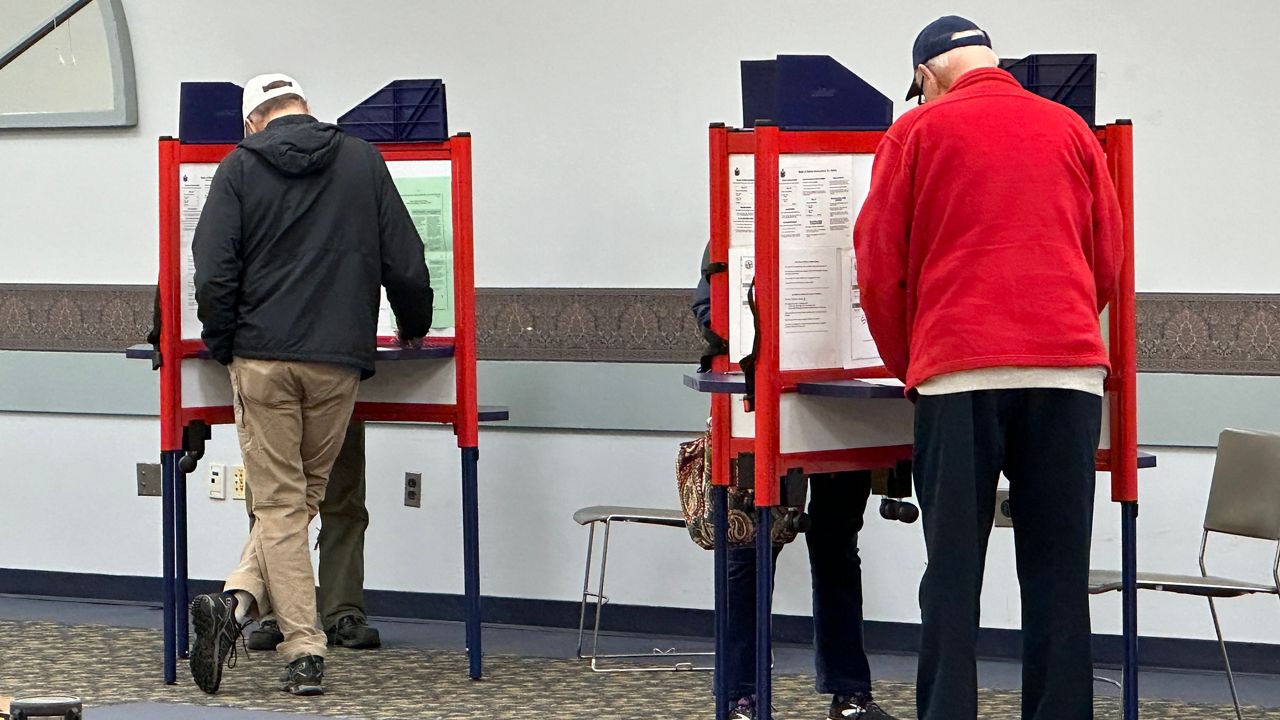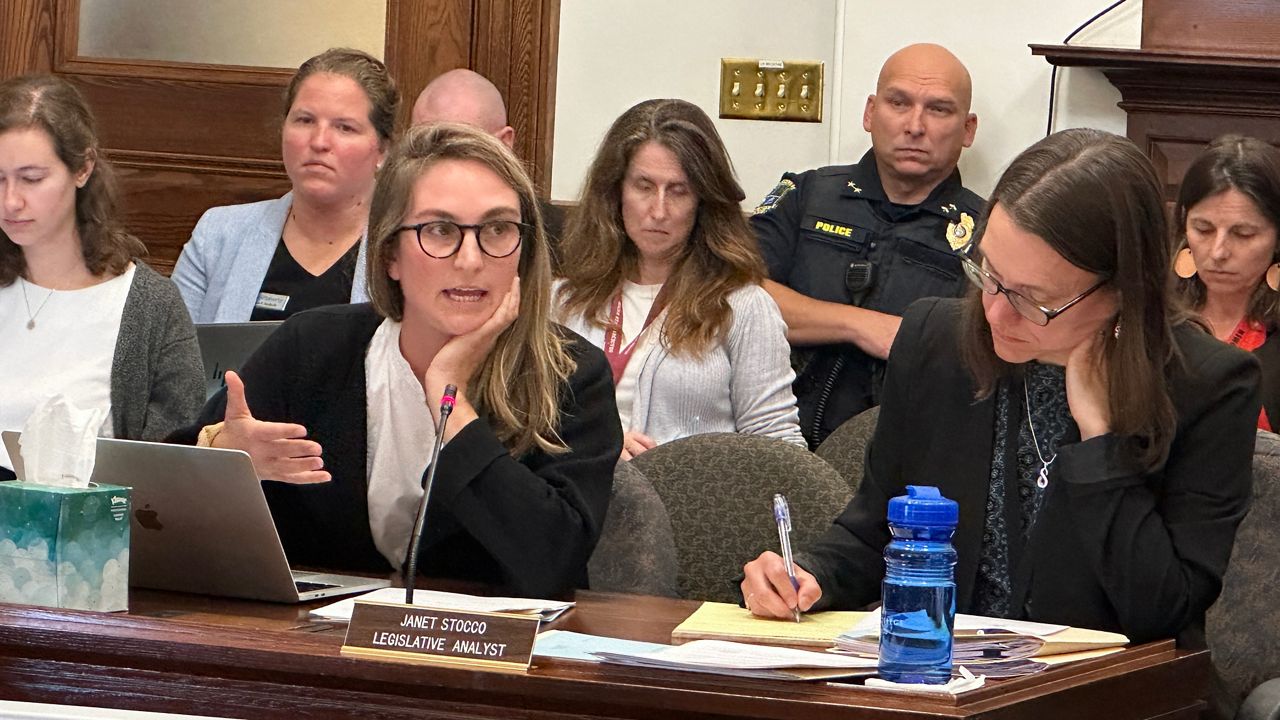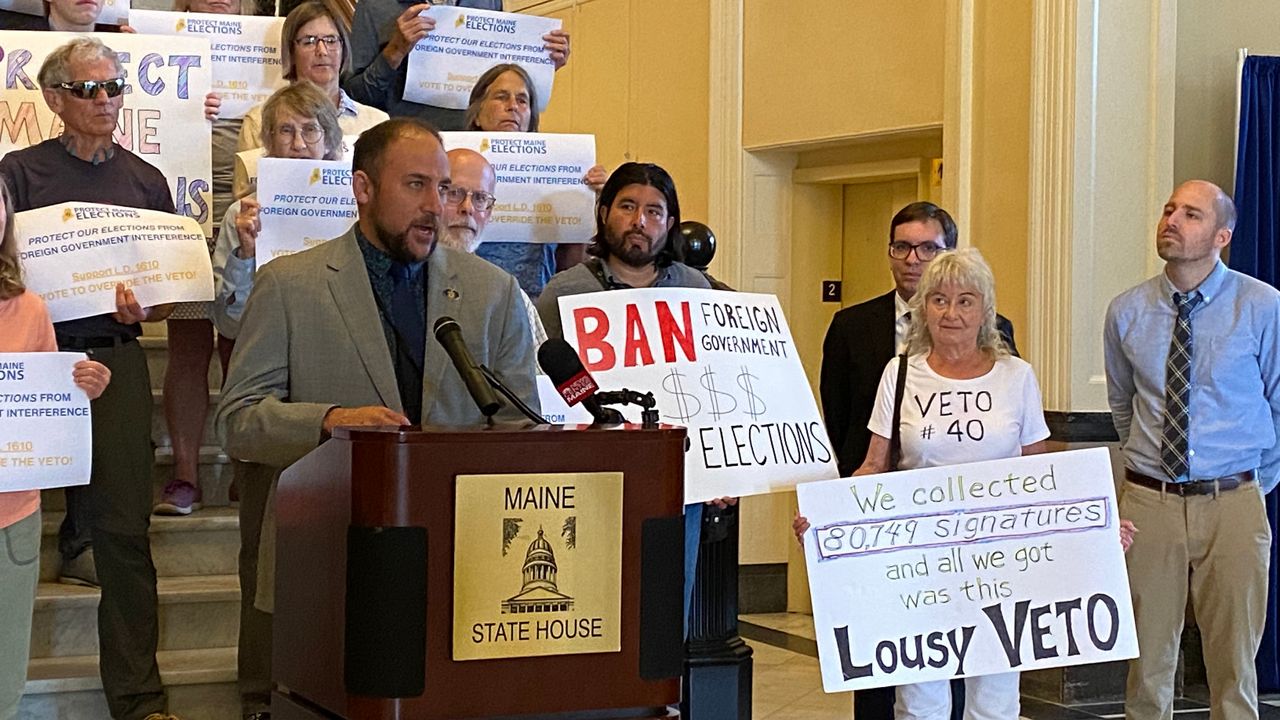A survey of Maine voters shows 74% support a move away from criminal punishment for low-level, non-violent drug offenders and toward rehabilitation programs.
Two University of Maine professors highlighted the survey results on Tuesday, saying the results should convince state lawmakers that there is sufficient support to decriminalize possession of a small amount of drugs for personal use.
“We saw really, really striking support for alternatives to criminalization,” said Robert Glover, associate professor of political science at the University of Maine.
The results come at a time when Maine is once again experiencing a high number of drug overdose deaths largely fueled by fentanyl. Last year, a record 636 Mainers died of a drug overdose and in the first five months of this year, 266 Mainers died of an overdose, an increase of 9% over the same period in 2021.
Glover said the survey sought to drill down on people’s attitudes toward decriminalization, harm reduction, recovery programs and structural reform.
Of the 74% support for decriminalization, 36% strongly agree, 21% agree and 17% somewhat agree, the findings show.
More than 80% of respondents support increasing access to case managers, treatment services, detox centers and recovery centers. There was broad-based support for access to overdose reducing drug naloxone (76%), but support dipped for things such as syringe exchanges (49%) and safer consumption sites (32%).
Safer consumption sites provide a place for those with substance use disorder to inject drugs under medical supervision and are designed to reduce overdose deaths.
Glover and sociology professor Karyn Sporer based their conclusions on an online survey conducted from July 28 to Aug. 28, 2021 and 30 in-depth interviews with stakeholders. The survey of 417 registered Maine voters has a margin of error of 4.8%.
Sporer said education, personal experience, and the acknowledgment that there are multiple pathways to recovery were the top reasons those interviewed cited for their transition from a “tough on crime” approach to more progressive alternatives.
Glover and Sporer said they believe the findings for increasing access to care and diverting non-violent offenders away from jails and prisons should inspire lawmakers to introduce a bill when the new Legislature meets in January.
A similar bill passed the House in 2021 but failed to make it through the Senate.
“Mainers, regardless of political affiliation, education, employment, religion, all those demographics, they want a new drug policy approach,” Sporer said. “It’s very clear in the data.”
In addition, the number of Mainers affected by the opioid crisis has shifted public opinion away from seeing substance use disorder as a criminal justice issue and instead understanding it as public health issue, she said.
To pay for the programs needed to address the crisis, Glover said money now used in the criminal justice system could be moved into community solutions.
“We can take those resources that are being used for punishment and criminal enforcement and drive them into these other areas focused on pathways to recovery,” Glover said.







)

